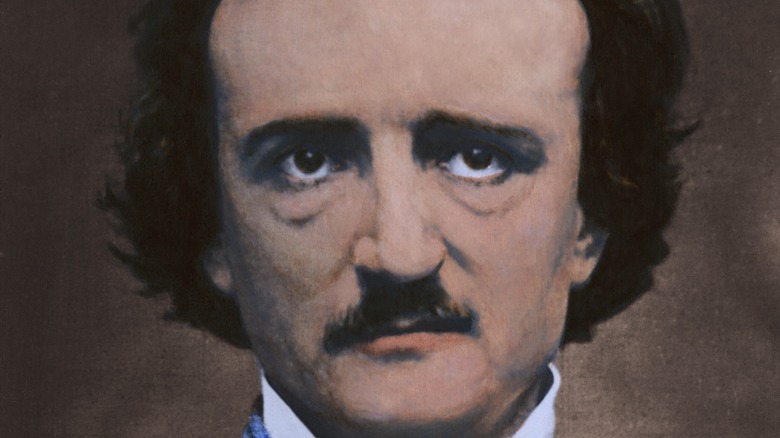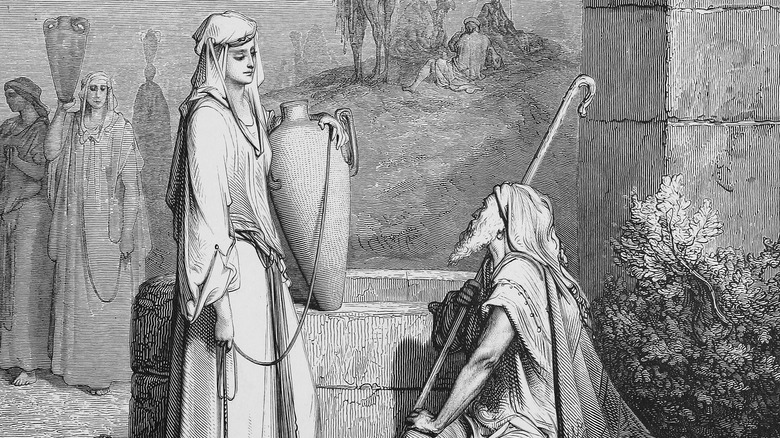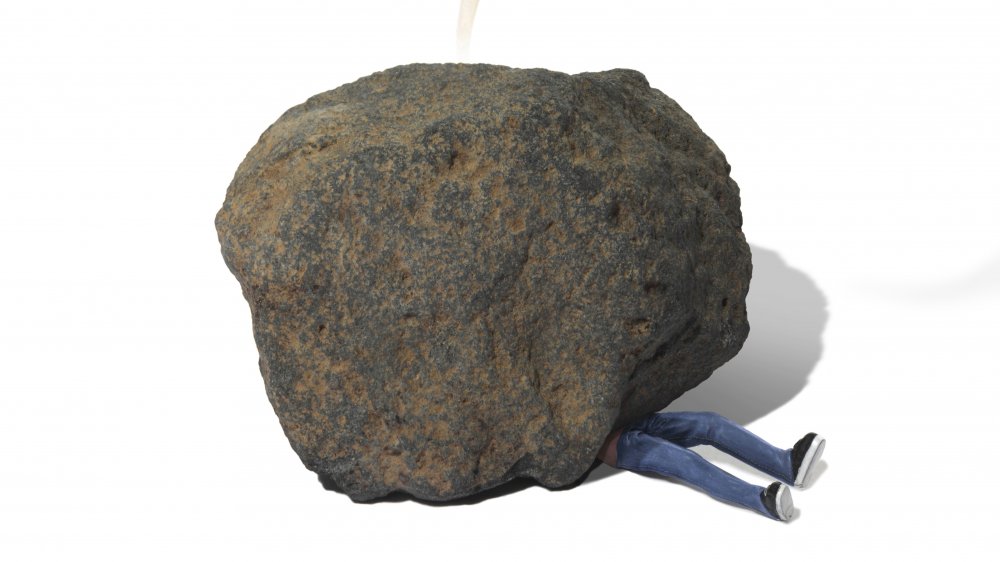
The Brutal Death Of King Herod
Herod the Great, who reigned in Judea (now roughly equivalent to the modern-day nation of Israel) from approximately 72-74 BCE until approximately 1 BCE, is one of the key secondary figures in New Testament history. For example, the Bible claims that he ordered the massacre of all the boys under 2 years old around Bethlehem, furious that a new king — which is to say, Jesus Christ — was rumored to have been born in the area. However, historian Paul Maier claimed in his article “Herod and the Infants of Bethlehem” that the event never happened.
History does, however, give something of a complete picture of his death, although multiple sources, some written years if not decades after the event, paint a confusing picture of what actually happened. What is known with almost absolute certainty is that his death was gruesome and painful, although if he came down with it today, it could be treated rather easily through modern medicine, as well as lifestyle changes.
This is the true story of the brutal death of King Herod.
Herod likely died of an illness that's now easily treatable
In approximately 1 CE, which is to say, around four-five years after the birth of Jesus of Nazareth, the life and reign of Herod the Great came to an end. For the account of exactly how he died, we turn to the best historical source we have on the topic: the ancient text, “Antiquities of the Jews,” written by Flavius Josephus approximately 90 years after Herod died.
Josephus writes of the king having his private parts putrefied, his breath so terrible that it was not unlike the smell of a decaying corpse, and the presence of worms. He was also reportedly in such pain that he attempted suicide.
So what illness befell him? In a 1979 piece for the question-and-answer column “The Straight Dope,” Cecil Adams wrote that, at the time, modern medical science had generally agreed that it was arteriosclerosis that did Herod in. Specifically, Adams notes that, untreated, the disease could cause those symptoms, in extreme cases even resulting in a putrefied and ulcerous scrotum that attracts maggots.
Adams’ interpretation of Herod’s death is shared by Britannica, which notes matter-of-factly that Herod died of arteriosclerosis.

Cholera Is Responsible For Modern Sewer Systems. Here's Why

The Truth About Edgar Allan Poe's Struggles With Alcohol Addiction

The Real Reason The Roman Colosseum Was Abandoned For Centuries

Final Interviews Of Famous Actors

The Tragic Story Of Chinese General Yuan Shikai

This Iconic Marilyn Monroe Scene Might've Led To Her Divorce

The True Cause Of Geronimo's Quest For Revenge

The Tragic True Story Of TWA Flight 800

The Number Of Languages The Queen Speaks Is Probably Fewer Than You Think

How Animal DNA Is Crucial To Solving The Dead Sea Scrolls























